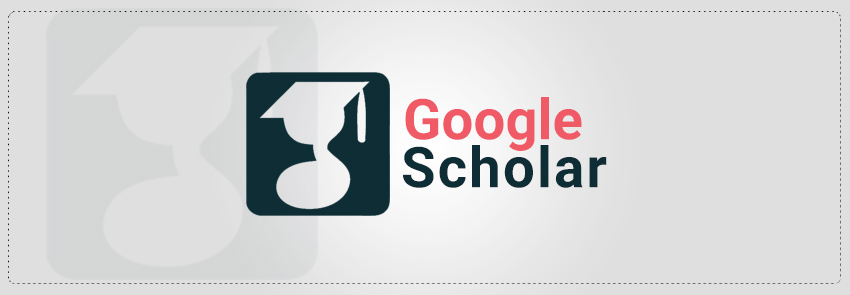Behavioral Activation Therapy: Boosting Happiness and Creativity Among College Students
Keywords:
Behavioral Activation Therapy, Subjective Happiness, Creative Thinking, University Students, Psychological Well-being, Cognitive FunctioningAbstract
This study aimed to evaluate the effectiveness of Behavioral Activation Therapy (BAT) in enhancing subjective happiness and creative thinking among university students. By addressing psychological well-being and cognitive functioning concurrently, the study sought to provide a comprehensive intervention model for student development. A randomized controlled trial design was employed, involving 30 university students randomly assigned to either an intervention group (n=15) or a control group (n=15). The intervention group participated in eight 75-minute BAT sessions over two months, while the control group received no intervention. Subjective happiness was measured using the Subjective Happiness Scale (SHS), and creative thinking was assessed using the Torrance Tests of Creative Thinking (TTCT). Assessments were conducted at baseline, post-intervention, and at a two-month follow-up. Data analysis included repeated measures ANOVA and Bonferroni post-hoc tests using SPSS version 27. The results indicated a significant increase in subjective happiness and creative thinking scores in the intervention group compared to the control group. The intervention group showed substantial improvements in SHS and TTCT scores from baseline to post-intervention and sustained these gains at the two-month follow-up. The repeated measures ANOVA confirmed significant main effects for time and group, with post-hoc tests revealing specific time points of significant change. Behavioral Activation Therapy significantly enhances subjective happiness and creative thinking among university students. These findings suggest that BAT is an effective intervention for improving psychological well-being and cognitive functioning in this population. Integrating BAT into university wellness programs could provide substantial benefits for student mental health and academic performance.
Downloads

Downloads
Published
Issue
Section
Categories
License
Copyright (c) 2024 Jingjing Ying (Corresponding Author); Kamdin Parsakia (Author)

This work is licensed under a Creative Commons Attribution-NonCommercial 4.0 International License.







